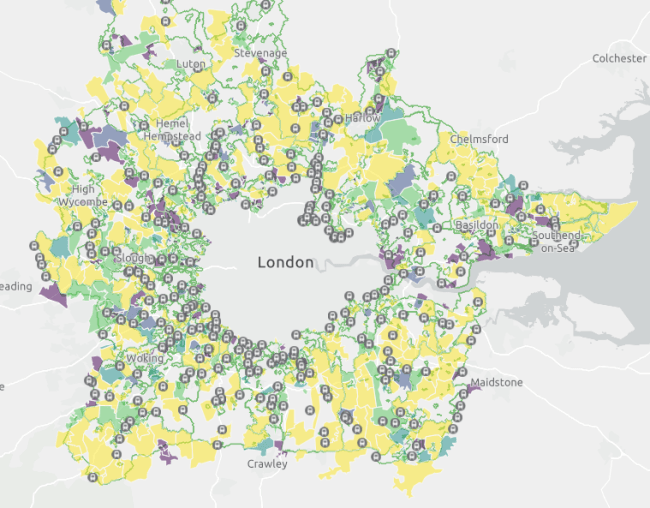Los Angeles City Council considers dockless mobility regulations
LA City Council reviewed a plan to regulate dockless bike share, electric assist bicycles and electric scooters.

Last week, LA City Council reviewed a plan prepared by LADOT to regulate dockless bike share, electric assist bicycles and electric scooters. New models of privately funded dockless bike share and escooters have proliferated throughout cities in the US in the last two years, presenting local governments with new opportunities for first/last mile solutions, as well as regulatory challenges. Los Angeles joins a group of cities like Seattle and Dallas looking to manage the influx of dockless bikes and scooters and avoid common pitfalls.
LADOT’s pilot program outlines provisions for safety, quality, equity and proper use of public right-of-way based on a review of current practices in other major cities, including:
- Permit fee structure to cover the city’s administrative costs to enforcing and evaluating the program.
- Minimum fleet size of 500 vehicles (with increases in fleet size at discretion of LADOT).
- Data sharing agreement allowing the city access to anonymized trip level information.
- Incentives to encourage service in low-income communities.
- Rules about illegal parking to discourage bicycles being left on private property or in public right-of-way, with the possibility of fines for companies who do not adequately address problems.
The LADOT proposal also establishes a non-compete with docking station based Metro Bike Share, which currently operates in four sub-regions of LA County: Downtown LA, Port of LA, Venice and Pasadena. Metro’s station dock system, which launched in 2016, has to date suffered from low-ridership, particularly in Pasadena and at the Port. The agency recently announced a plan to lower its fares from $3.50 to $1.75 per ride from July, and also plans to extend the Metro-led system into neighboring communities.
Traditional docking-station bike share systems like Metro Bike Share, Santa Monica’s Breeze Bike Share, and Long Beach Bike Share require higher capital expenditures up front to purchase bikes and install necessary infrastructure, which translates to higher operating costs. Pasadena, the first city outside of Los Angeles to adopt the Metro Bike Share model, spends approximately $120,000 per month to operate and maintain its docked bike share. This financial burden, coupled with low ridership, has prompted city staff to consider terminating its two-year agreement with Metro early.
Dockless bike share operators – private companies often backed by venture capital – have less start-up costs and are cheaper per ride than their docked counterparts. LimeBike charges only $1 per half hour for a bike ride; whereas Metro currently charges $3.50 per half hour and Long Beach charges $7 for an hour. New agreements are starting to be made with dockless bikeshare companies to provide access to shared bikes without public subsidy, but in a managed way. For example, the City of Monrovia, a foothill community neighboring Pasadena, chose to implement a dockless bikeshare pilot with private operator LimeBike instead of Metro’s program citing the decision was influenced by operating costs. The City preempted its bikeshare pilot with a Bike Share Ordinance and invested in bike racks and wayfinding to help mitigate abandoned bike clutter and educate the public.
The world of bike share is changing quickly. From our early involvement helping to help understand demand for bike share back in 2008, prior to the launch of the London bike share system in the UK, Steer Davies Gleave has been helping public sector clients to navigate the changes in the market and private sector companies to grow the market to encourage bike share in cities across the world in a managed and sustainable way.
Article by Matt Clark and Kate Bridges.





















